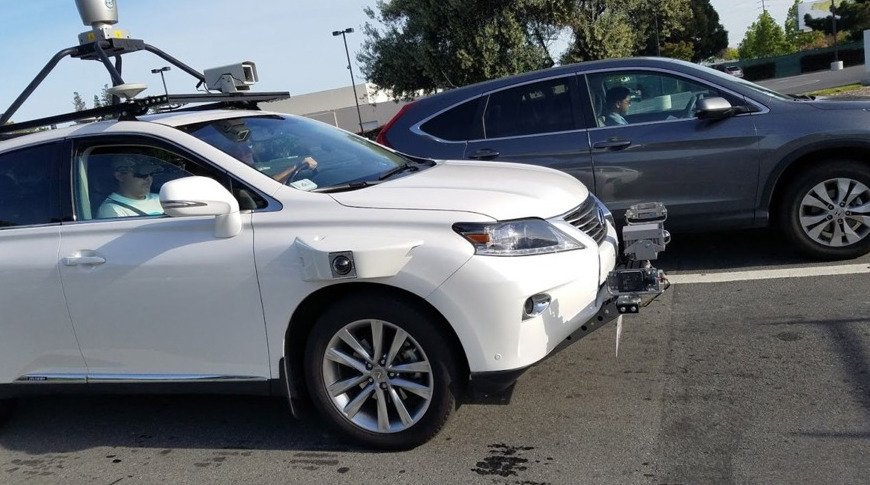Apple’s Self-Driving Car Project: A Journey Towards Uncertainty
The Cancellation of Testing Permits
In a surprising turn of events, the California Department of Motor Vehicles (DMV) has officially canceled Apple’s permit for testing self-driving vehicles on public roads. This decision, made at Apple’s request, raises significant questions about the future of the tech giant’s ambitious autonomous vehicle project. The cancellation of the Autonomous Vehicles Program Manufacturer’s Testing Permit, which was set to remain valid until April 30, 2025, marks a pivotal moment in Apple’s journey toward developing self-driving technology.
A Brief History of Apple’s Autonomous Vehicle Testing
Apple’s foray into the world of autonomous vehicles began in earnest in 2017 when the company received its initial testing permit. Over the years, Apple expanded its fleet and team, at one point employing over 200 drivers to assist in the testing of its self-driving systems. By May 2024, the company had registered 68 vehicles and 15 drivers, indicating a significant scaling back of its operations. The ambitious Project Titan, as it is known internally, aimed to revolutionize transportation, but the recent developments suggest that the project may be facing insurmountable challenges.
The Implications of the Permit Cancellation
With the cancellation of its testing permit, Apple is now unable to conduct any self-driving vehicle tests on public roads. This halt in operations could signal a broader retreat from the autonomous vehicle market, especially given the complexities and technical hurdles associated with developing a fully autonomous driving system. While the door remains open for Apple to potentially resume testing in the future, the current landscape suggests a pause, if not a complete halt, to its self-driving ambitions.
Internal Perspectives on Project Titan
Reports from within Apple paint a troubling picture of Project Titan. In February, employees described the initiative as a "Titanic disaster," highlighting the internal frustrations and challenges faced by the team. A subsequent report in March emphasized that the goal of creating a fully self-driving vehicle system was proving to be an insurmountable challenge, even for a company renowned for its innovation and technological prowess. These insights suggest a growing skepticism about the feasibility of Apple’s autonomous vehicle aspirations.
The Competitive Landscape
Apple is not alone in its pursuit of self-driving technology; numerous tech giants and automotive manufacturers are also vying for a piece of the autonomous vehicle pie. Companies like Tesla, Waymo, and traditional automakers are making significant strides in this field, often outpacing Apple in terms of public testing and technological advancements. The competitive landscape adds pressure on Apple to either accelerate its efforts or reconsider its strategy in the self-driving arena.
Future Prospects
While the cancellation of the testing permit casts a shadow over Apple’s self-driving project, it does not necessarily spell the end. The company has a history of pivoting and adapting its strategies in response to market conditions and internal challenges. However, the road ahead will require not only technological breakthroughs but also a clear vision and commitment from Apple’s leadership to navigate the complexities of the autonomous vehicle landscape.
Conclusion
As Apple steps back from its self-driving vehicle testing, the industry watches closely. The cancellation of the permit raises questions about the viability of Project Titan and the company’s future in the autonomous vehicle market. With internal reports suggesting significant challenges and a competitive landscape that continues to evolve, Apple’s next moves will be critical in determining whether it can reclaim its position as a leader in innovation or if it will retreat from this ambitious endeavor altogether.
